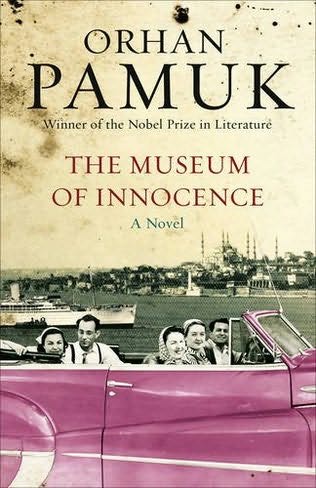 I have had this collection of short stories perched on my shelf for quite some time now. For some reason, I started it and then lost interest after a few pages and gave up, leaving it for the proverbial rainy day which just happens to be today, a gorgeous, sunny Spring day!
I have had this collection of short stories perched on my shelf for quite some time now. For some reason, I started it and then lost interest after a few pages and gave up, leaving it for the proverbial rainy day which just happens to be today, a gorgeous, sunny Spring day!
I want only to reflect on Le’s first story in this book: ‘Love and Honour and Pity and Pride and Compassion and Sacrifice‘.
The protagonist’s – ironically called Nam – sense of displacement is hauntingly clear in this story. He is in Iowa, completing the Writers’ Workshop while trying to find what he has of value to write about, what defines him, gives him integrity, wholeness, makes him unique. He is lost. His apartment literally reflecting the detritus that has become his existence. He lacks direction, floats on a dream where he envisages poems miraculously coming together in perfect form. Yet, he cannot write. He is incapable of producing anything of consequence, his final deadline approaching as he wallows away in the mire of whisky and cigarettes.
Nam’s dream is interrupted by the opening of the narrative and the brusque arrival of his father: “My father arrived on a rainy morning.” The abrupt manner in which Nam’s father intrudes on his life and space for three short days undoes him and the story unfolds to reveal the complexity of the father-son relationship.
There is tension which runs through their discussions and interactions, Nam too respectful of Vietnamese patronage to offend. The fields are glass, dreams Nam, his life is a mirror, distorting while reflecting, not quite transparent, rather an opaque mist which leads him to confusion. The image is extended with the rain falling outside, water intended to cleanse which actually simply distracts and contorts.
Nam’s father’s presence reminds Nam of his challenge to find himself. Is he ‘ethnic’ or not? Should he write about Vietnam or is that dishonest, riding the strong tide of popular native literature which draws audiences. Where does he belong? Here, a Vietnamese born Australian living in Iowa. “I have to write”, Nam tells his father, as though writing will allow him to create himself, finally, firmly, reborn.
But, Nam struggles to find the words to fill the river of his page. When, finally, he does attempt to bridge the gap between his expectations and the reality of his father’s life, he is disappointed to find that his father still has the power to steal his story. Nam is left speechless:
I was halfway across the bridge when I saw him. I stopped. He was on the riverbank. I couldn’t make out the face but it was he, short and small-headed in my bloated jacket. He stood with the tramp, both of them staring into the blazing gasoline drum. The smoke was thick, particulate. For a second I stopped breathing. I knew with sick certainty what he had done. The ashes, given body by the wind, floated away from me down the river. He patted the man on the shoulder, reached into his back pocket, and slipped some money into those large, newly mittened hands. He started up the bank then, and saw me. I was so full of wanting I thought it would flood my heart. His hands were empty.
If I had known then what I knew later, I wouldn’t have said the things I did. I wouldn’t have told him he didn’t understand; for clearly, he did. I wouldn’t have told him that what he had done was unforgivable. That I wished he had never come, or that he was no father to me. But I hadn’t known, and, as I waited, feeling the wind change, all I saw was a man coming toward me in a ridiculously oversized jacket, rubbing his black-sooted hands, stepping through the smoke with its flecks and flame-tinged eddies, who had destroyed himself, yet again, in my name. The river was behind him. The wind was full of acid. In the slow float of light I looked away, down at the river. On the brink of freezing, it gleamed in large, bulging blisters. The water, where it still moved, was black and braided. And it occurred to me then how it took hours, sometimes days, for the surface of a river to freeze over—to hold in its skin a perfect and crystalline world—and how that world could be shattered by a small stone dropped like a single syllable.
The Quarterly Conversation’s review of this collection can be found here.
A range of other reviews can be found here.
Bloggingthebookshelf’s comments on this one can be read here.














This is a great collection of short stories I think. I read it just before I started blogging but it is reviewed on my bookgroup’s blog, Minerva Reads. It was a good book for discussion. One of the things I liked was the variety of voices, and the wide ranging settings. Very impressive I think.
On rereading this, I find myself wondering if Nam Le has ever read Irene Nemirovsky’s Le Bal which has a very similar scene in it …